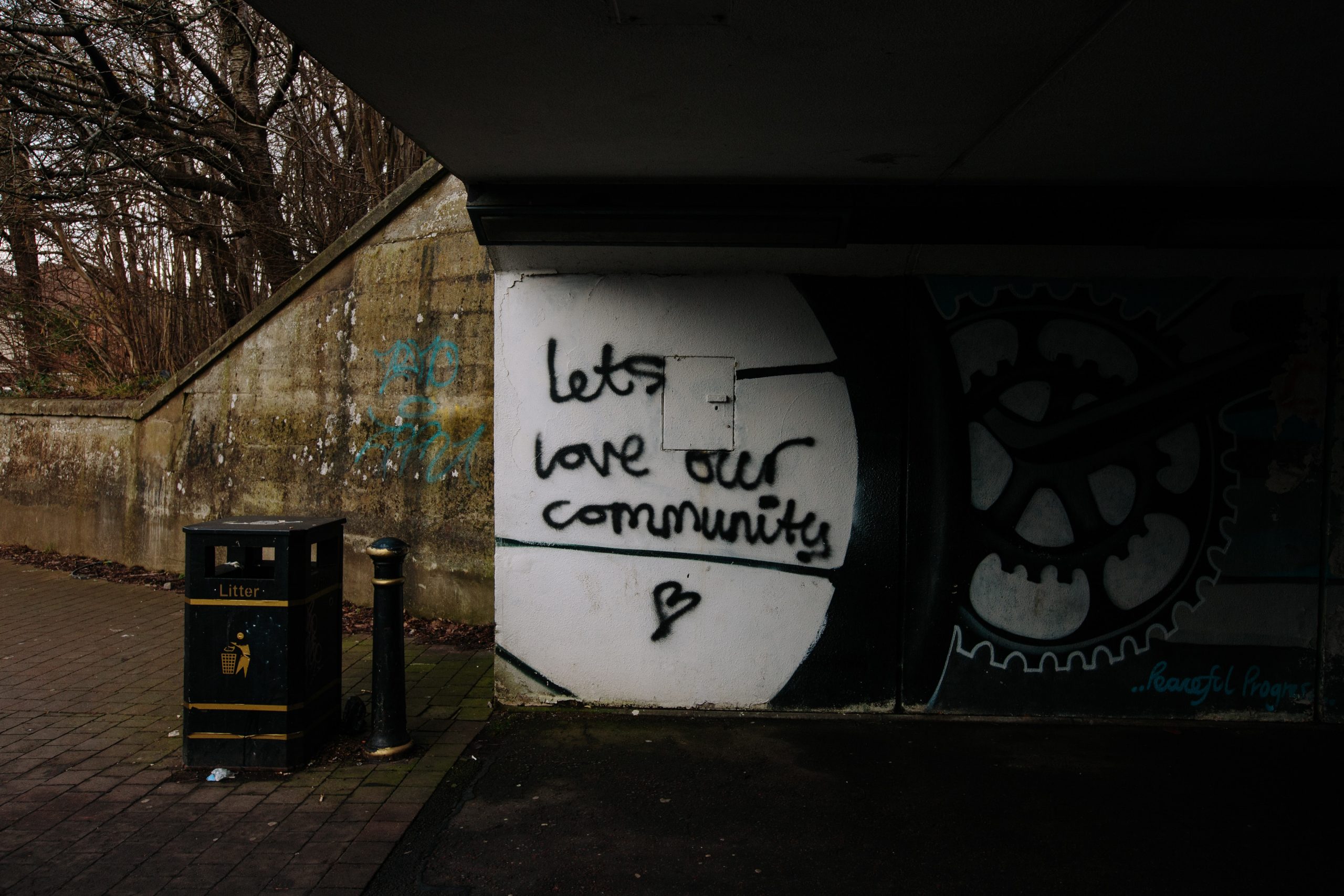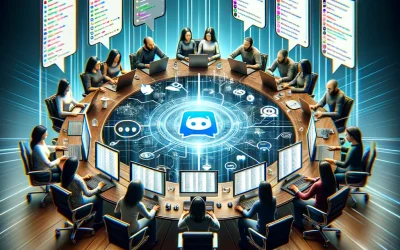One of my wonderful members (find out more about FREE membership here) wrote in with an interesting question:
“I’m concerned about my lack of technical experience that emerged as I was enjoying listening to ‘People Powered: How communities can supercharge your business, brand, and teams.‘
I wonder, how do I prioritize and build my initial business technical systems that can grow into an interactive community of people with my business as the hub?”
Stephen Gaylord
The Answer:
The most critical skill in building a community, no matter the niche, is to provide a space for your audience to share their specialized expertise and insight (even if you don’t share that expertise with them.)
A community is a network of minds, who have insight, experience, and time to offer, and and our job is to create a place where they can thrive.
Now, there are some communities that require technical expertise – such as developer relations – but don’t worry, though, there is good news! While you’ll need a simple understanding of some topics, you don’t need to be an expert so create a community for experts.
Make sense?
For example, if you are building a community of engineers, you need to understand the needs, worries, pains, and goals of engineers…but you don’t need to be an engineer yourself. Hell, I helped build the Ubuntu community and I have never built an Ubuntu package, but I sought to understand their world and what they needed.
Here are some such industries that might take just a little more studying for when starting a community without tchnical experience:
- Hard sciences
- Computer engineering
- Open Source
- Crypto
But no matter what topic you choose for your community, always remember: the key, most important aspect of whether your community succeeds is NOT your technical skills in that niche.
Instead, it’s the well-matched VALUE you offer them over and over again.
So how are you supposed to build this value-matched community?
First, don’t just expect members to join just because you set the community up. (This isn’t Field of Dreams after all!)
To be sure you have a path of least resistance for members to join your community, you instead need to purposefully and intentionally build a journey for new members to take.
Luckily, I’ve already created a map for this process: it’s my Community Participation Framework discussed in my newest book “People Powered: How communities can supercharge your business, brand, and teams.”
Using this framework, the mission is to get the person on the left to get to the star, where they officially join your community.
The “on-ramp” experience is hugely important, and this is your lifeline to building a passionate community, even in a highly-technical niche. I cover this on-ramp in my video about five reasons people are not joining your community.
Once you get your members past the initial on ramp, they start as Casual community members, then becoming Regulars, and a few will eventually become Core members.
(To learn more about what to do after members join, read this article.)
If you have the patience and strategy to put this framework into action, you’ll build a great community with or without technical experience – I promise you this.
However, it’s also important to discuss the logistics of building this community.
How are you supposed to bring this community and framework to life?
There are a lot of moving parts to a living, breathing, and thriving community, that’s why it’s important to choose the best platforms and make your life easiest from the very beginning.
Luckily, our modern times have made blogging, community hosting platforms, and every other tool you’ll need easy to use, even if you have no experience with them before.
My advice for building the community you need is to start simple.
There are actually only two basic tools you need to run a basic community!
1) A website
2) A communication platform to bring members together
There are lots of options you have when choosing a service for both of these tools.
I personally suggest using a pre-hosted service such as WordPress or Discourse because this will keep everything simple for you and reduce unnecessary headaches.
Then, there’s an additional tool (my secret weapon) that will make starting a community without technical experience simpler.
Synchronizing your data and services.
This simply means that all the “tools” in your community toolbelt will automatically communicate and act without you manually doing everything.
Sounds like a recipe for a stress-free community, no?
Here’s an example: If you want a new community sign-up to automatically sync with your other platforms, synchronizing them with a service like Zapier will make it all easy as pie.
Want to dig deeper? Well, check out my video on this topic:
Best of luck!








